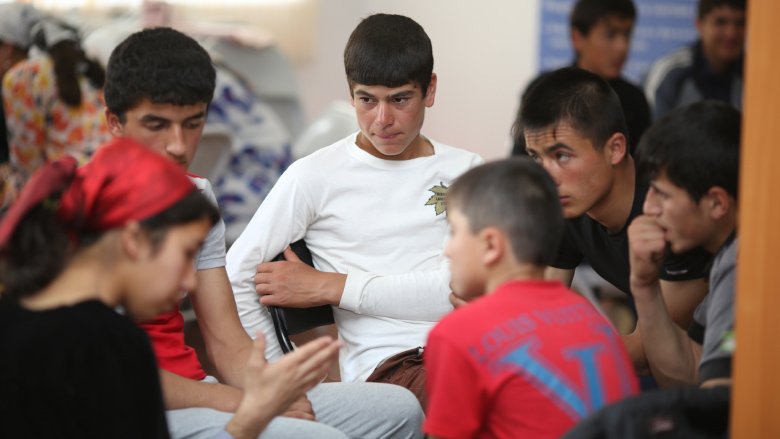Challenge
A considerable share of firms in Tajikistan identified an inadequately educated workforce as a significant constraint to meeting local and regional market demands. The lack of skills is mainly due to outdated learning environments in universities, including curricular, staff’s skills, equipment, and technologies. Female access to higher education is significantly lower than male access.
In 2011-12, females accounted for just 23% of full-time students. In addition, areas of study are gender-segregated, with most girls remaining in fields commonly associated with women’s traditional roles in society, such as education, health, and social services, with only a few entering scientific or technical faculties. At the same time, Tajikistan is interested in joining the Bologna Process, which seeks to bring more coherence to higher education systems across Europe and aligning with European Standard and Guidelines for quality assurance.
Approach
HEP aimed to develop mechanisms that improve and monitor the quality and labor-market relevance of higher education. HEP’s design was guided by Tajikistan’s higher education analysis and global knowledge in the higher education area. The project’s preparation was supported by an ECAPDEV Trust Fund at $0.17 million that assisted the Ministry of Education and Science of Tajikistan in identifying ways to improve the relevance of higher education in Tajikistan to current and projected workforce demands and the measures to better align the country with the expectations of the Bologna Process.
Under CGP, 49 grants—including 20 grants to support female students—totaling $8 million were provided to 24 universities. According to an independent peer review of CGP, these grants proved to be effective in achieving HEP’s objectives and addressing the challenges female students face in higher education. Interventions at the system level, like quality assurance strengthening and revision of the HESS, ensured the sustainability of HEP’s outcomes.



